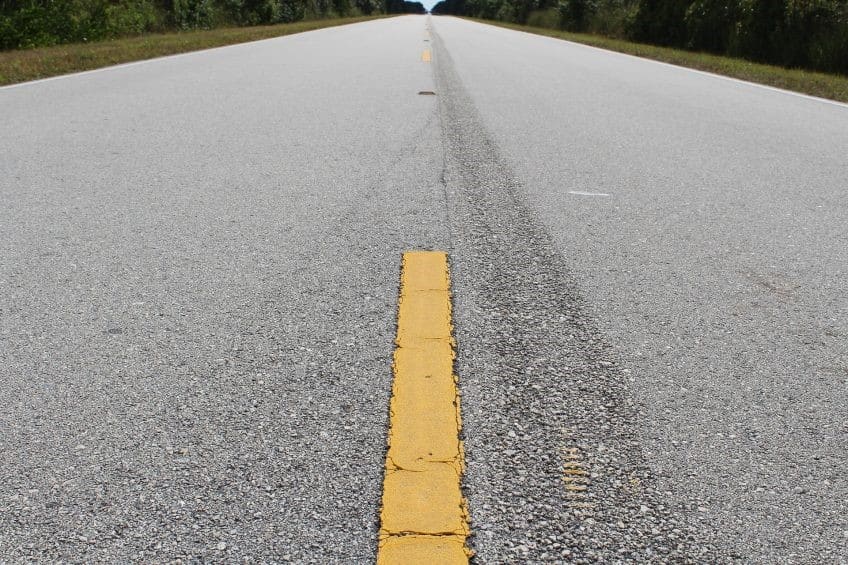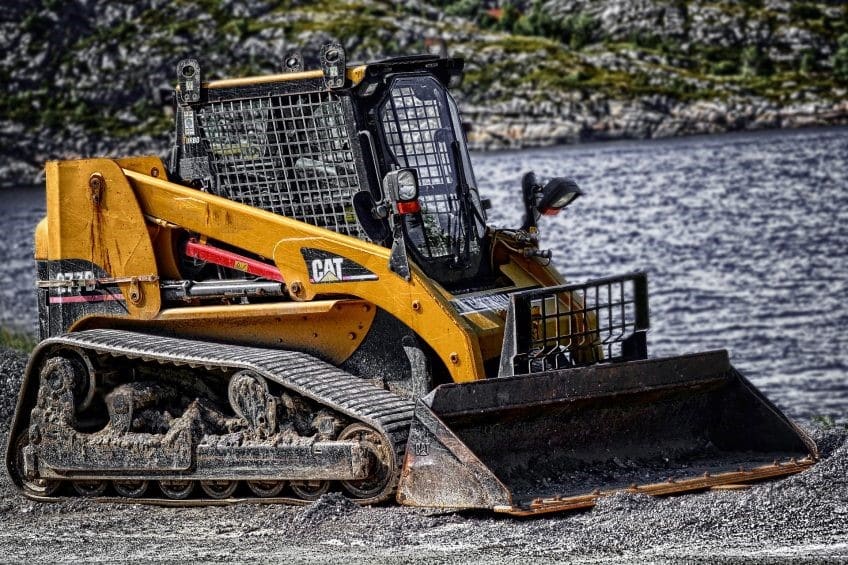Swimming Pool Accidents
Is There Legal Liability In Florida When A Person Drowns In A Pool?
Many swimming pool injuries and drownings are preventable. If you or someone you know has experienced such an incident, you should contact a Lakeland swimming pool injury attorney for a free consultation.
The Virginia Graeme Baker Pool and Spa Safety Act was passed by Congress to help with the problem of swimming pool related injuries and deaths. Congress made the following specific findings in passing the legislation:
- Of injury-related deaths, drowning is the second leading cause of death in children aged 1 to 14 in the United States.
- In 2004, 761 children aged 14 and under died as a result of unintentional drowning.
- Adult supervision at all aquatic venues is a critical safety factor in preventing children from drowning.
- Research studies show that the installation and proper use of barriers or fencing, as well as additional layers of protection, could substantially reduce the number of childhood residential swimming pool drownings and near drownings.
Florida has codified its public swimming pool regulations into Chapter 514, Fla. Stat. Further, section 125.56, Fla. Stat. requires that every building code in Florida contain items listed in Chapter 64E-9, Fla. Admin. Code. These mandatory equipment rules require:
- a shepherd’s hook with a reach of at least 16 feet
- a life saving ring buoy with adequate rope attached
- a safety line (* only in pools with a slope transition from shallow to deep)
- prohibit use of pool covers unless pool is closed and unless it can support the weight of an adult
- lights during night swimming hours (permit required for night swimming)
- posting of a list of pool rules approved by the local building department
Section 514.0315, Fla. Stat. also requires anti-entrapment or automatic pool suction pump shutoffs.
Liability For Pool Safety
The owner or operator of a pool with access to the public (includes hotels and homeowners’ associations) can be held legally responsible for an injury or death resulting from any of the above-mentioned safety equipment if it is missing or defective as well as for claims of common law negligence. See Pickett v. City of Jacksonville, 20 So. 2d 484 (Fla. 1945). Publicly owned pools generally require the use of a lifeguard. Most privately owned pools are not required to provide lifeguard supervision.
In the case of Smith v. Jung, 241 So. 2d 874 (Fla. 3d DCA 1970), a Florida court held that a public swimming pool should be made reasonably safe. This requires the use of appropriate rescue equipment and that there should be pool supervision for any rescue.
The case of Atlas Properties, Inc. v. Didich, 213 So. 2d 278 (Fla. 3d DCA 1968) held that “all public pools, particularly where there are children, should have supervision, either in the form of a lifeguard or other continuing supervision.”
Rule 64E-9.008, Fla. Admin. Code requires that “all owners, managers, lifeguards, or swimming instructors in charge of, or working at, public swimming pools shall be responsible for the supervision and safety of the pool.” (F.A.C. does not authorize a private right of action but it does likely create a legal duty for negligence cases).
Do I Have A Case?
Your case for legal liability arising from an injury or death at a pool will depend on the facts of the case, including who or what entity owns the pool and the individual circumstances involved. If you have a case involving injury or death from a drowning at a pool, you should obtain any police report produced in relation to the incident.
You should also try to return to the pool with a camera to take photographs, however, you may not be allowed access. If you are allowed access, you should take photographs of all of the safety equipment as well as generalized photographs of the pool and the areas surrounding the pool.
Assuming that your case has a valid legal theory of liability, how much you collect on your case is often a matter of whether pre-injury releases are valid, whether sovereign immunity limits apply, and how much applicable insurance coverage is available.
The answers to these questions are often left to an attorney to evaluate and discuss with individual clients. Your attorney will help you decide what legal theories are available and whether the injury or death would have been preventable with proper or adequate safety equipment.
Read more to learn more about specific terms used in Florida personal injury cases.
Contact a Lakeland Personal Injury Attorney for a Free Case Review Today
If you or someone you know has experienced the loss of a loved one due to drowning in a pool, please contact Russo Law to discuss the case with a personal injury attorney. A consultation with a Lakeland personal injury lawyer is free.
Read Our Blog
For recent legal topics, please see our personal injury blog or see our FAQ page. We help clients with personal injury matters in Polk County including Lakeland and Winter Haven, Florida.


